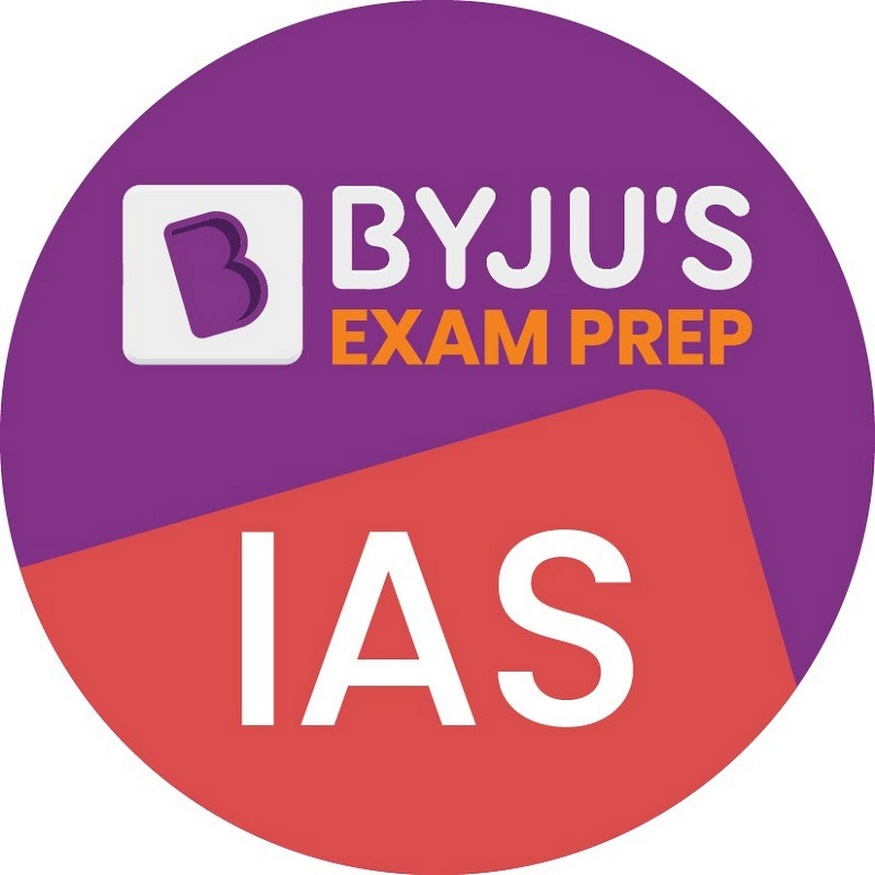
Learn more About the Indian Administrative Service (IAS)
Working in administrative services is a very lucrative option for many people in India. One of the most coveted options is IAS. The IAS full form is Indian Administrative Services. This article will help candidates to understand more about Indian Administrative Services.
Along with the social status that an Indian Administrative Service officer will earn, the powers that are bestowed upon an IAS officer, opportunities to serve the society by working in the Government, and salary are all important factors which drives the people to prepare for one of the toughest examinations in India, spend many months and years to clear this prestigious examination. The basic per month salary of an IAS officer starts at Rs.56,100 (TA, DA, and HRA are extra) and can go on to reach Rs. 2,50,000 for a Cabinet Secretary.
To get selected in IAS, students will have to appear for the Civil Service Examination, conducted by the Union Public Service Commission (UPSC). The minimum education qualification required to appear in the Civil Service Examination is a Bachelor’s Degree from a Government-recognized university/institutions.
Some of the responsibilities of IAS officers are, overseeing public fund management, framing policies, implementing those policies. They are also responsible for handling everyday work of the Government, maintaining general administration, and overseeing law and order. They could also be appointed to manage Public Sector Undertakings (PSUs). The work and responsibility of IAS officers is also dependent on the rank of the IAS officer. Indian Administrative Services (IAS) officers are also deputed to various international organizations. Another extremely important function of the IAS officers is to conduct the elections in India as mandated by the Election Commission of India (ECI).
The IAS officers get deputed to various Intergovernmental organizations like United Nations Organization (UNO), Asian Infrastructure Investment Bank (AIIB), Asian Development Bank (ADB), International Monetary Fund (IMF), World Bank etc.
IAS is one of the most important All India Services of the Government of India. The other two All India Services are Indian Forest Service and Indian Police Service (IPS). Indian Administrative Service guarantees administrative continuity even when there is a change of Government due to elections. IAS is the permanent bureaucracy of India.
The head of the Civil Services in India is the Cabinet Secretary of India. The current cadre strength of the IAS is 4,926 members. Out of these 3,511 IAS officers were directly recruited by the Union Public Service Commission (UPSC), whereas 1,415 officers were promoted from the State Civil Services. The cadre controlling authority of IAS cadre is the Department of Personnel and Training, Ministry of Personnel, Public Grievances and Pensions. The Ministers responsible for the IAS cadre are the Prime Minister of India and the Minister of Personnel, Public Grievances and Pensions. The IAS officers are trained at Lal Bahadur Shastri National Academy of Administration, Mussoorie, Uttarakhand.
Some of the important posts held by IAS officers when working with the State Government are Secretary, Principal Secretary, Additional Chief Secretary, and Chief Secretary. When the IAS officers are posted at higher levels with the Government of India, the various posts held by these officers are Cabinet Secretary, Secretary, Special Secretary, Additional Secretary, Joint Secretary. Initially, the IAS officers will begin their career as Sub-Divisional Magistrate (SDM). After the training, the IAS officers are also posted in Zilla Parishads, Municipal Corporations, Public Sector Undertakings, State and Central Governments. IAS officers also get executive roles in a district as a District Magistrate and Collector.
After retirement, very senior and very high-ranking IAS officers have also occupied top most positions in regulatory authorities like the Reserve Bank of India (RBI), Telecom Regulatory Authority of India (TRAI), various tribunals like the Central Administrative Tribunal (CAT), Securities and Exchange Board of India (SEBI), and National Green Tribunal (NGT). They are also appointed as the head of the various statutory bodies such as the Central Information Commission (CIC), National Commission for Women (NCW), and National Human Rights Commission (NHRC). After retirement, very senior and very high-ranking IAS officers have also been appointed to the various Constitutional posts such as the Chairperson of the Union Public Service Commission (UPSC), the Comptroller and Auditor General of India (CAG), and also posted as Chief Election Commissioner of India.


















